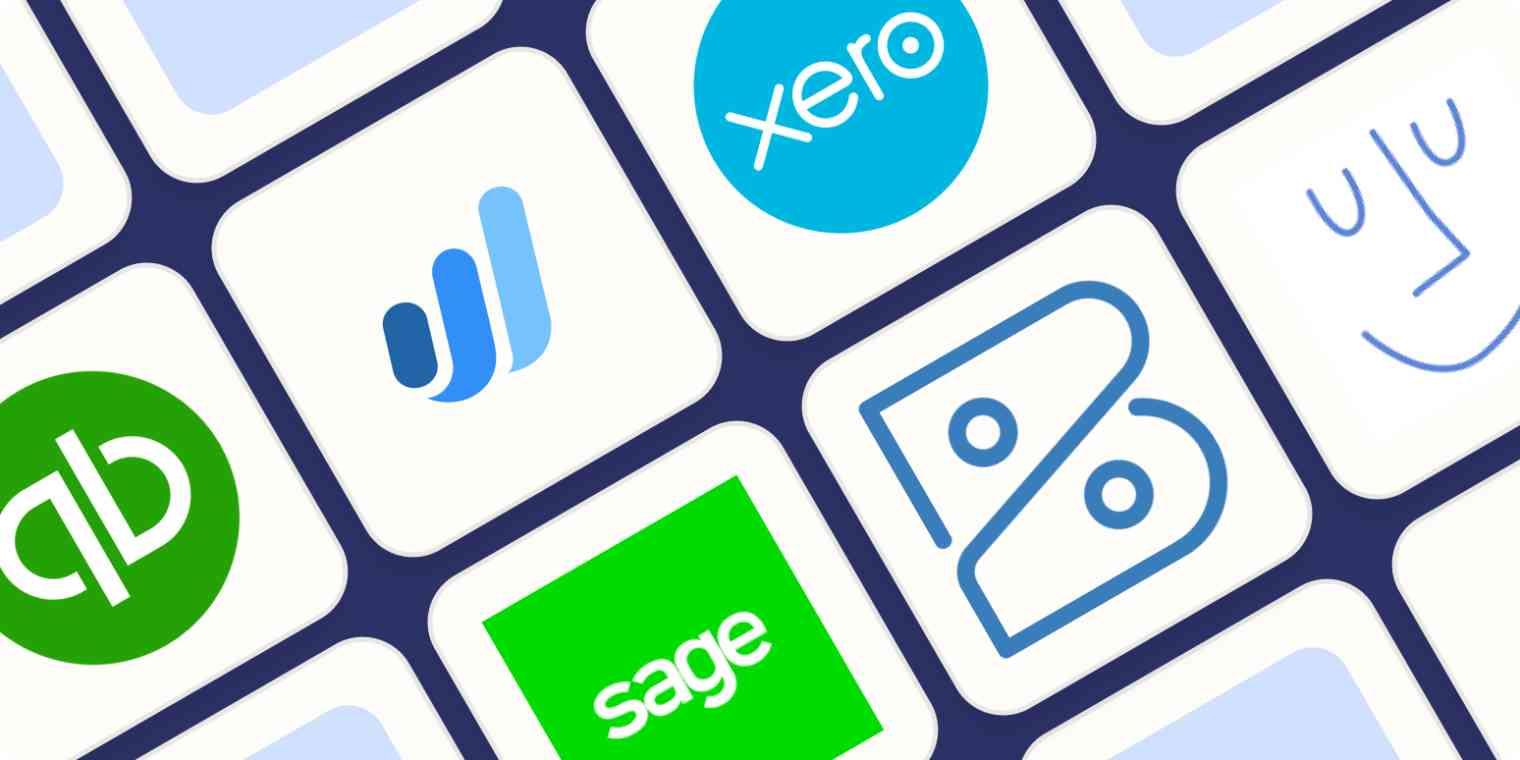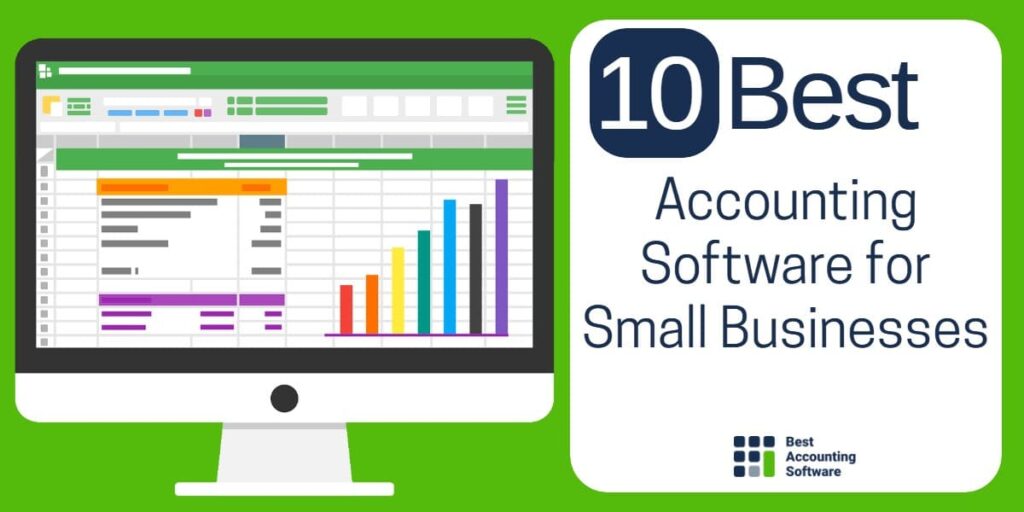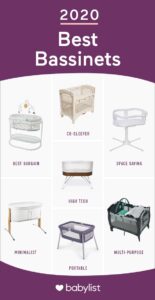Page Contents
ToggleQuickBooks Online is a top choice for small businesses. It offers robust features and user-friendly design.
Choosing the right accounting software is crucial for small businesses. QuickBooks Online stands out for its comprehensive tools, ease of use, and cloud-based accessibility. It caters to a variety of accounting needs, including invoicing, payroll, and tax compliance. This makes it an ideal solution for small business owners who need efficient financial management.
The software’s integration capabilities with other apps streamline business operations, saving time and reducing errors. Additionally, QuickBooks Online offers various pricing plans to fit different budgets. With its intuitive interface and extensive support resources, QuickBooks Online remains a popular and reliable choice among small business owners.

Credit: www.pcmag.com
Introduction To Accounting Software
Managing finances is crucial for any business. Accounting software simplifies this task. It helps small businesses track income, expenses, and overall financial health. Choosing the right software can save time and reduce errors.
Importance For Small Businesses
Small businesses often operate with limited resources. Efficient accounting software can be a game-changer. Here are some key benefits:
- Automation: Reduces manual data entry and minimizes mistakes.
- Time-Saving: Speeds up tasks like invoicing and payroll.
- Financial Insights: Provides real-time financial reports.
- Compliance: Ensures adherence to tax laws and regulations.
Evolving Needs In Financial Management
As small businesses grow, their financial management needs evolve. Modern accounting software must adapt to these changes. Here’s how:
- Scalability: Supports growing transaction volumes and expanding operations.
- Integration: Connects with other business tools like CRM and e-commerce platforms.
- Mobility: Offers mobile apps for on-the-go access.
- Customization: Allows tailored features to meet specific business needs.
| Feature | Benefit |
|---|---|
| Automation | Reduces manual data entry |
| Integration | Connects with CRM and e-commerce |
| Mobility | Access financial data on the go |
| Customization | Tailored features for business needs |
Choosing the right accounting software is vital. It helps manage finances effectively and grows with the business.
Features To Look For In Accounting Software
Choosing the right accounting software can be a game-changer for small businesses. The right features can streamline financial management, save time, and ensure compliance. Here are the essential features to look for in accounting software:
User-friendly Interface
A user-friendly interface is crucial. Small business owners often juggle many tasks. The software should be easy to navigate. Look for software with an intuitive design. It should have clear menus and straightforward workflows. This reduces the learning curve and helps you get started quickly.
Integration Capabilities
Integration capabilities are important for seamless operations. The software should integrate with other tools you use. This includes payment gateways, CRM systems, and e-commerce platforms. Integration can save time by automating data entry. It also ensures data consistency across different platforms.
Scalability And Flexibility
Your business will grow, and your software should grow with you. Look for scalable and flexible solutions. The software should allow you to add new features as needed. This ensures it remains useful as your business expands.
| Feature | Description |
|---|---|
| User-Friendly Interface | Easy navigation, clear menus, and intuitive design |
| Integration Capabilities | Seamless integration with other business tools |
| Scalability and Flexibility | Ability to grow and adapt with your business |
Top Accounting Software Picks For Small Businesses
Selecting the right accounting software is crucial for small businesses. Efficient software helps manage finances, track expenses, and simplify tax preparation. Below are the top picks that can streamline your accounting needs.
Quickbooks: An Industry Standard
QuickBooks is renowned for its comprehensive features and ease of use. It offers invoicing, expense tracking, and payroll management. QuickBooks integrates with many third-party apps, making it versatile for various business needs.
| Feature | Details |
|---|---|
| Invoicing | Customizable templates and automated reminders. |
| Expense Tracking | Link to bank accounts for automatic categorization. |
| Payroll | Full-service payroll with direct deposit. |
Xero: A Cloud-based Alternative
Xero is a robust cloud-based accounting software. It is ideal for small businesses that need flexibility. Users can access it from anywhere, offering real-time collaboration with team members.
- Bank Reconciliation: Automatically imports and categorizes transactions.
- Invoicing: Create and send invoices from mobile devices.
- Financial Reporting: Real-time updates and detailed reports.
Freshbooks: For Invoicing And Billing
FreshBooks specializes in invoicing and billing, making it perfect for service-based businesses. It offers a user-friendly interface that simplifies the invoicing process.
- Invoicing: Create professional invoices quickly.
- Time Tracking: Track billable hours easily.
- Expense Management: Snap photos of receipts to log expenses.
Choosing the right accounting software can transform your business operations. Evaluate your business needs to select the best option.

Credit: www.shopify.com
Affordable Solutions For Tight Budgets
Small businesses often struggle with finances. Finding a good accounting software that fits a tight budget is essential. Many options exist that offer great features without breaking the bank. This section will explore two affordable solutions.
Wave: A Free Tool
Wave is a completely free accounting software. It is ideal for small businesses with tight budgets. Despite being free, it offers many features:
- Invoicing
- Expense tracking
- Bank reconciliation
- Financial reporting
Wave also provides payroll services for a small fee. Its interface is user-friendly, making it easy for business owners to manage their finances.
Zoho Books: Low-cost Comprehensive Service
Zoho Books is another excellent choice for small businesses. It offers comprehensive features at a low cost. Zoho Books provides:
- Invoicing
- Expense tracking
- Inventory management
- Bank reconciliation
Zoho Books integrates with other Zoho apps, enhancing productivity. The cost starts at $9 per month, making it affordable for small businesses.
Software For Specific Accounting Tasks
Choosing the right accounting software can significantly improve your small business operations. Various software options cater to specific accounting tasks, enhancing efficiency and accuracy. Here, we explore software solutions for payroll management, tax compliance and reporting, and inventory tracking.
Payroll Management
Efficiently managing payroll is crucial for small businesses. Several software solutions specialize in this task:
- QuickBooks Payroll: Integrates seamlessly with QuickBooks Accounting. It automates payroll calculations, tax filings, and direct deposits.
- Gusto: Offers comprehensive payroll services. It includes benefits administration and compliance management.
- Paychex: Ideal for growing businesses. Provides payroll, HR, and benefits services in one platform.
These tools streamline payroll processes, ensuring employees are paid correctly and on time. They also help maintain compliance with tax regulations.
Tax Compliance And Reporting
Accurate tax compliance and reporting are essential for avoiding penalties. Specialized software can simplify these tasks:
- TurboTax Business: Designed for small business owners. It helps prepare and file taxes accurately.
- TaxSlayer: Offers a user-friendly interface. It provides various features for tax filing and compliance.
- Drake Tax: Suitable for small to mid-sized businesses. It includes comprehensive tax planning and preparation tools.
These tools ensure timely and accurate tax filings. They help businesses stay compliant with federal and state tax laws.
Inventory Tracking
Managing inventory efficiently is vital for many small businesses. Specific software solutions can help streamline this task:
- Zoho Inventory: Provides detailed inventory tracking. It integrates with other Zoho products for a complete business solution.
- TradeGecko: Suitable for small to medium-sized businesses. It offers multi-channel inventory management and order tracking.
- Fishbowl: Compatible with QuickBooks. It offers advanced inventory management features for small businesses.
These tools help maintain optimal inventory levels. They also provide valuable insights into stock movements and trends.
Incorporating specialized accounting software can enhance various business operations. Choose tools that best meet your business needs and ensure efficient and compliant processes.
Comparing Pricing Models
Choosing the right accounting software for your small business is crucial. A key factor to consider is the pricing model. Different software options have different cost structures. Understanding these can help you make an informed decision.
Subscription Vs One-time Purchase
Accounting software generally comes in two pricing models: subscription and one-time purchase.
| Model | Advantages | Disadvantages |
|---|---|---|
| Subscription |
|
|
| One-Time Purchase |
|
|
Hidden Costs To Watch Out For
Hidden costs can surprise you and impact your budget. Here are some potential hidden costs:
- Extra Features: Some features may cost extra.
- Customer Support: Additional fees for premium support.
- Data Storage: Extra charges for more storage space.
- Integrations: Fees for integrating with other tools.
- Training: Costs for training your team.
Security And Compliance
Ensuring security and compliance is essential for any small business using accounting software. This aspect guarantees the safety of sensitive financial information and adherence to various regulatory standards. Let’s delve into these critical areas to understand better how accounting software can protect your data and ensure compliance.
Data Protection In Accounting Tools
Accounting software must prioritize data protection. Secure software includes multiple layers of defense to prevent unauthorized access. Here are some key features:
- Encryption: Data encryption ensures that your financial information remains unreadable to unauthorized users.
- Two-Factor Authentication: This adds an extra layer of security, requiring users to provide two forms of identification before accessing the system.
- Regular Backups: Automated backups protect against data loss by ensuring that your information is regularly saved and can be restored if necessary.
These features collectively enhance the security of your financial data, ensuring it remains safe from cyber threats.
Meeting Regulatory Standards
Small businesses must comply with various regulatory standards to avoid legal issues. Accounting software helps in:
- Tax Compliance: Ensures that all tax-related transactions are accurately recorded and reported, simplifying tax filing processes.
- Financial Reporting Standards: Adheres to local and international financial reporting standards, ensuring consistency and transparency.
- Audit Trails: Maintains comprehensive records of all financial transactions, aiding in audits and preventing fraudulent activities.
By integrating these compliance features, accounting software helps small businesses stay aligned with legal requirements and industry standards.
Here’s a quick comparison of some popular accounting software options and their security features:
| Software | Encryption | Two-Factor Authentication | Regular Backups | Compliance Features |
|---|---|---|---|---|
| QuickBooks | Yes | Yes | Yes | Yes |
| Xero | Yes | Yes | Yes | Yes |
| FreshBooks | Yes | Yes | Yes | Yes |
Choosing the right accounting software with robust security and compliance features is crucial for safeguarding your business and ensuring regulatory adherence.
Transitioning To New Accounting Software
Switching to new accounting software can feel daunting. A smooth transition ensures your business remains efficient and compliant. Here are some crucial steps to help you through this process.
Data Migration Best Practices
Data migration is critical when adopting new accounting software. Follow these best practices for a seamless transfer:
- Backup Data: Always create a backup of your existing data. This prevents data loss.
- Data Mapping: Map your old data fields to the new system. This ensures consistency.
- Test Runs: Perform test migrations. Identify and fix issues before the final transfer.
- Clean Data: Remove duplicates and outdated information. Clean data ensures accuracy.
- Monitor Progress: Continuously monitor the migration process. Address any errors promptly.
Training Staff On New Systems
Your staff must understand the new software. Effective training ensures they use the system correctly:
- Initial Training: Conduct a comprehensive training session. Cover all basic functions.
- Hands-On Practice: Allow staff to practice on the new system. This builds their confidence.
- Documentation: Provide user manuals and guides. These resources help with troubleshooting.
- Ongoing Support: Offer continuous support. Address any questions or issues that arise.
- Feedback Loop: Encourage feedback from staff. Improve training based on their input.
By following these steps, your transition to new accounting software can be smooth and successful. With proper data migration and staff training, your business will thrive.
Expert Opinions And User Reviews
Finding the best accounting software for small businesses can be challenging. Expert opinions and user reviews can guide you in making the right choice. Here, we explore insights from industry experts and real users.
Industry Experts Weigh In
Industry experts play a crucial role in evaluating accounting software. Their experience and knowledge help identify the best tools for small businesses.
- QuickBooks: Widely recommended for its user-friendly interface and comprehensive features.
- Xero: Known for excellent customer support and seamless integration with other tools.
- FreshBooks: Praised for its invoicing capabilities and ease of use for non-accountants.
Experts often highlight key features like automation, scalability, and security. They emphasize the importance of choosing software that meets specific business needs.
Real User Experiences
Real user experiences provide practical insights into how accounting software performs in everyday business operations.
Based on user reviews, the following points are often highlighted:
| Software | Pros | Cons |
|---|---|---|
| QuickBooks |
|
|
| Xero |
|
|
| FreshBooks |
|
|
Users often appreciate features like invoicing, expense tracking, and customer support. Some common concerns include cost, learning curve, and integration capabilities.
The Future Of Accounting Software
The future of accounting software is bright and evolving quickly. Small businesses need to stay updated. New technologies are transforming how financial tasks are managed. These changes bring efficiency and accuracy.
Emerging Technologies
Emerging technologies are reshaping accounting software. These innovations make tasks easier and faster. Here are some key technologies:
- Artificial Intelligence (AI): AI automates repetitive tasks. It helps reduce human error.
- Blockchain: This technology ensures secure transactions. It offers transparency and trust.
- Cloud Computing: Access your accounting data anywhere. Cloud computing offers flexibility and scalability.
Predictions For Small Business Accounting
Predictions for small business accounting show exciting trends. These trends will shape the future:
- Increased Automation: More tasks will be automated. This will save time and reduce costs.
- Enhanced Security: Future software will have stronger security features. This will protect sensitive financial data.
- Integration Capabilities: Software will integrate with other business tools. This will streamline operations and improve efficiency.
Adopting these technologies will help small businesses thrive. Stay ahead by choosing the right accounting software.

Credit: zapier.com
Frequently Asked Questions
What Is The Easiest Accounting System To Use?
FreshBooks is the easiest accounting system to use. It offers user-friendly features for invoicing, expenses, and time tracking.
What Software Do Most Accountants Use?
Most accountants use QuickBooks, Xero, and Sage. These tools offer comprehensive accounting features.
How Much Does Accounting Software Cost For A Small Business?
Accounting software for small businesses typically costs between $10 to $60 per month. Prices vary based on features.
How Much Is Quickbooks For A Small Business?
QuickBooks for small businesses starts at $30 per month for the Simple Start plan. Higher-tier plans cost more.
What Is The Best Accounting Software?
QuickBooks is widely regarded as the best accounting software for small businesses.
Is Quickbooks Good For Small Businesses?
Yes, QuickBooks offers robust features tailored for small business accounting needs.
What Features Should Accounting Software Have?
Essential features include invoicing, expense tracking, payroll, and financial reporting.
Can Accounting Software Help With Taxes?
Yes, most accounting software provides tax management features and integrations.
Conclusion
Choosing the right accounting software can transform your small business operations. Evaluate options like QuickBooks, Xero, and FreshBooks. Each offers unique features tailored to various needs. Make an informed decision to streamline your finances. Effective accounting software will save you time and reduce errors.
Embrace technology for better financial management.



